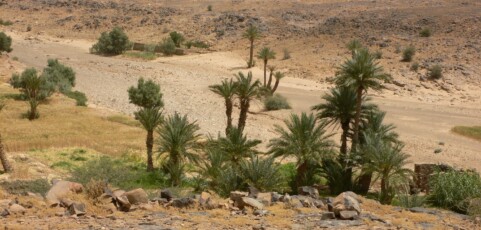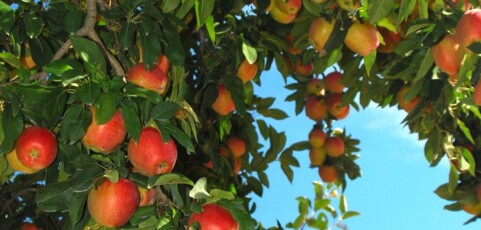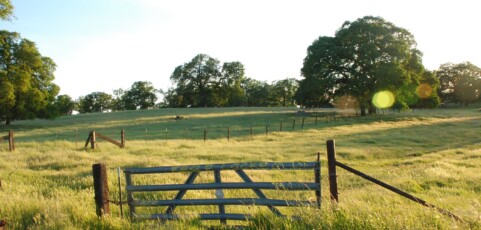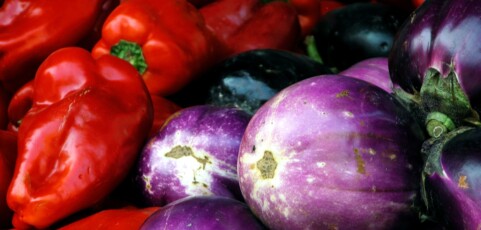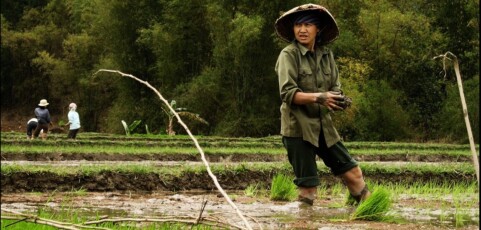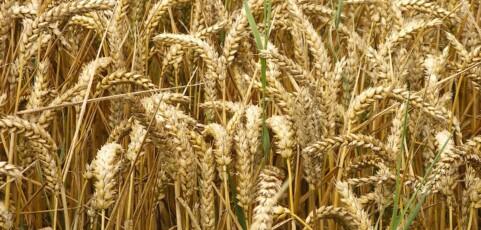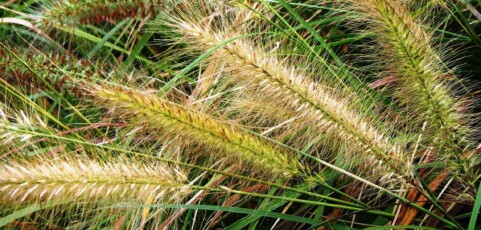Sheep production in the Oasis Area of Morocco’s Ziz Valley is limited by alfalfa forage productivity. As women manage most alfalfa, improvement demands the participation of women farmers in the research and development process
Ecological Principles of Vineyard Vegetation Management on California’s Northern Coast
Vegetation cover in vineyards can be used to manage soil structure, organic matter, hydrology, erosion, nutrient dynamics, diseases and insect pests, while conserving wild plant species and biodiversity.
Seattle Tilth, Urban Agroecology in Western Washington, USA
Through Seattle Tilth, urban dwellers support principles of agroecology by learning about organic gardening, composting, and community building.
Biological Weed Management of Leafy Spurge, Montana, USA
Using flea beetles and sheep grazing, ranchers can manage the perennial rangeland weed leafy spurge (Euphorbia esula L.), while reducing herbicide usage, controlling costs, and restoring grasslands for cattle grazing and wildlife.
United Indian Health Village – Ecosystem and Community Restoration in Arcata, California, USA
The United Indian Health Village is an integrated landscape and health clinic, designed to restore native plants, wetlands, and garden food production to the landscape and to nurture the health of the region’s Native American population.
Community Supported Agriculture in Santa Cruz, California, USA
Community Supported Agriculture (CSA) provides locally grown organic farm products to the community of Santa Cruz, California.
Agroecology and Advocacy: Innovations in Asia
The Asian Farmers’ Association for Sustainable Development and the Institute for Agriculture and Trade Policy have produced a new report documenting successful approaches in three countries: Cambodia, Philippines, Indonesia. The three case studies presented in this report represent successful approaches, both in terms of the techniques they have applied, and because of the active involvement of farmers’ organizations in changing the policies needed to ensure their success.
Highlights on Scaling Up of the IBS Program in DRC
The Integrated Bioeconomy System (IBS) as developed and practiced by Bioeconomy Africa is a process of farmer training based on sound ecological principles which, through minimal external inputs, results in dramatically increased farm yields. It was initiated in Ethiopia. Currently over forty thousand model farmers from various parts of Africa have been trained.
Agriculture of the Hor/Arbore
Read MoreBiogas Plant for Smallholder Farmers in Ethiopia Showcased by Award-Winning Team for Sustainable Development
The report shows that Biogas plants provide an alternative form of safer, cleaner energy to homes as well as organic compost to farms. The first data from field studies are showing improvements in crop yields equivalent in most cases, to chemical fertilizers.

